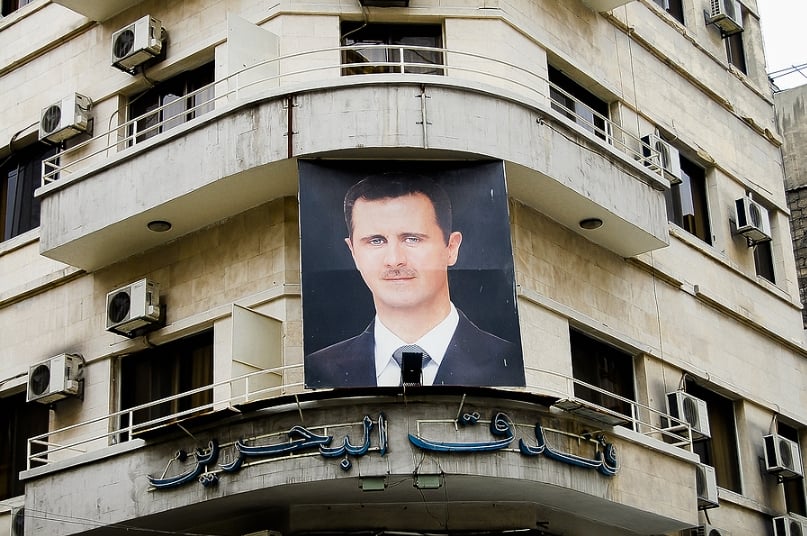In the New English Review, Theodore Dalrymple considers the fall of Syria’s dictator as the al-Assad family is finally toppled from power:
When I saw video clips of the joyful toppling of statues of Bashar al-Assad, as well as the tearing from walls of his ubiquitous portrait, I wondered what it must be like to be a dictator and see images of yourself everywhere (not that I have any ambitions myself in that direction).
Do you come to imagine, for example, that they are a manifestation of genuine popular affection for yourself, or are you like the Nicaraguan dictator Anastasio Somoza, of the poem by Ernesto Cardenal “Somoza Unveils a Statue of Somoza in the Somoza Stadium” (the fact that Cardenal, a Nicaraguan priest, was a commie doesn’t mean that he wasn’t a good poet).
The Somoza of the poem is perfectly clear-sighted. He knows that people didn’t erect the statue spontaneously, out of love for him, because he knows that he himself ordered it to be erected. Nor does he think that it will be a perpetual monument to himself because he knows also that the people will tear it down as soon as they can. No, he had it erected because he knew that the people would hate it, in other words that it would humiliate them, and a humiliated people is easy to cow into submission, at least until — to use a word of slightly different zoological connotation — the worm turns. (A note to pedants before they write in: I do not think that the verb to cow has any etymological link with the female herbivore known as the cow.)
It seems to me, however, that Cardenal may have simplified a little. Such is the complexity and potential dishonesty of the human mind that a dictator would be perfectly capable of imagining that a statue of himself is a manifestation of people’s affection for him and that there are people plotting to bring down both the statue and him because they hate him. This is not totally irrational or impossible. After all, as Americans know, even in a free democracy some people love the leader and some people hate him (usually more of the latter after he has been in power for some time).
Assad junior, it seems to me, is a living refutation of Solzhenitsyn’s famous remark that Macbeth was capable of killing only a handful of people because he was motivated by no ideology, and it requires an ideology to bring about hecatombs of the Nazis or Communists. Assad junior had a self-justification for his rule, no doubt, as every ruler and dictator has and must have, but he did not really possess a full-blown ideology in Solzhenitsyn’s sense. His trajectory is worth recalling.
The son of a monstrous dictator, he seems at first to have had no inclinations in that direction himself. Among other things, he didn’t seem to have the physical attributes of a dictator, but rather of someone pliant and weak, more herbivore than carnivore, more giraffe rather lion (though giraffes can kick a lion to death). And it spoke rather well of him that he should qualify as a doctor, apparently quite genuinely so, and wish to become an ophthalmologist, to which end he studied in London, where his conduct was not that of a spoilt brat but by all accounts rather modest — laudably so, in the circumstances.




